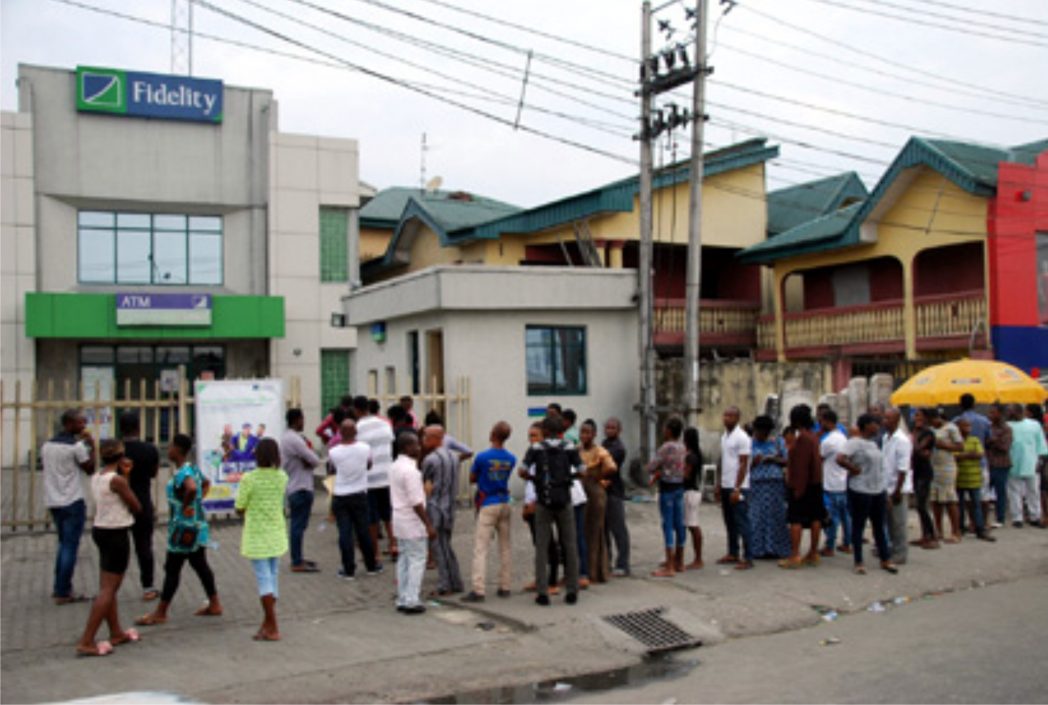Business
Don Blames Nigeria’s Poor Economy On Failed Leadership

An elder statesman in Rivers State and emeritus Professor of Geodesy, Alabo Dagogo Fubara has attributed the present economic problems and recession faced by Nigerians to failed leadership and followership in the system.
He also opined that Nigeria should adopt technology-based economy to enhance engendering communal benevolence and empowerment for poverty reduction.
Fubara who made this know while interacting with a aviation correspondents at the Port Harcourt International Airport Omagwa on Thursday, noted that the richest industrial ventures before now were the international oil companies (IOC) but now, the richest one the technology industrial ventures.
“The root cause of Nigeria’s recession was not just only the drastic fall in crude oil price and attendant reduction in revenue, but actually failed leadership and followership.
“No nation has developed by solely dependent on export of raw materials as Nigeria is doing. We must go to technology based economy.
“The Nigerian economy is a “Feeding-Bottle” economy whereby, unlike any other nations in the world, all federating states and the FCT administration go to Abuja once in a month to drink from the “Feeding Bottle” called Federation Account.
“Most of the States are not viable economically, having jettisoned technology based Agriculture and industrialization which ought to feed the nation and reduce unemployment, in preference for dependence on crude Oil and Gas export revenue.
“Due to non-application of science and technology, over 40 per cent of our agricultural production is lost, while the nation depends on imported food.
“This is the only country where you make a man who does not have even a bicycle today, a Local Government Chairman, and within six months he has already bought some cars, built a big house and invites a Bishop or Imam to dedicate his newly acquired wealth.
The Opobo Chief and former Dean of Environmental Science in the now Rivers State University however urged those that want to be in leadership position to show good leadership character so as to move the nation’s economy forward.
He said that good and effective leader will relate and harmoniously interact with peers, subordinates and superiors through effective communication and collaboration with Justice and fair play.
Corlins Walter
Business
Fidelity Bank To Empower Women With Sustainable Entrepreneurship Skills, HAP2.0
Business
President Tinubu Approves Extension Ban On Raw Shea Nut Export
Business
Crisis Response: EU-project Delivers New Vet. Clinic To Katsina Govt.
-
Maritime5 days ago
Nigeria To Pilot Regional Fishing Vessels Register In Gulf Of Guinea —Oyetola
-

 Sports5 days ago
Sports5 days agoGombe-Gara Rejects Chelle $130,000 monthly salary
-
Maritime5 days ago
Customs Declares War Against Narcotics Baron At Idiroko Border
-

 Sports5 days ago
Sports5 days agoTEAM RIVERS SET TO WIN 4×400 ” MORROW” …Wins Triple jump Silver
-

 Sports5 days ago
Sports5 days agoNPFL Drops To 91st In Global League Rankings
-

 Sports5 days ago
Sports5 days agoNIGER DELTA GAMES PANACEA TO YOUTH DEV”
-
Maritime5 days ago
NIMASA,NAF Boost Unmanned Aerial Surveillance For Maritime Security
-

 Sports5 days ago
Sports5 days agoNPFL Impose Fines On Kwara United Over Fans Misconduct

